In the first working week after the Lunar New Year holiday, interest rates at many banks have fluctuated in opposite directions. While some banks adjusted their interest rates up to attract idle cash flow, many others slightly reduced them to optimize capital costs.
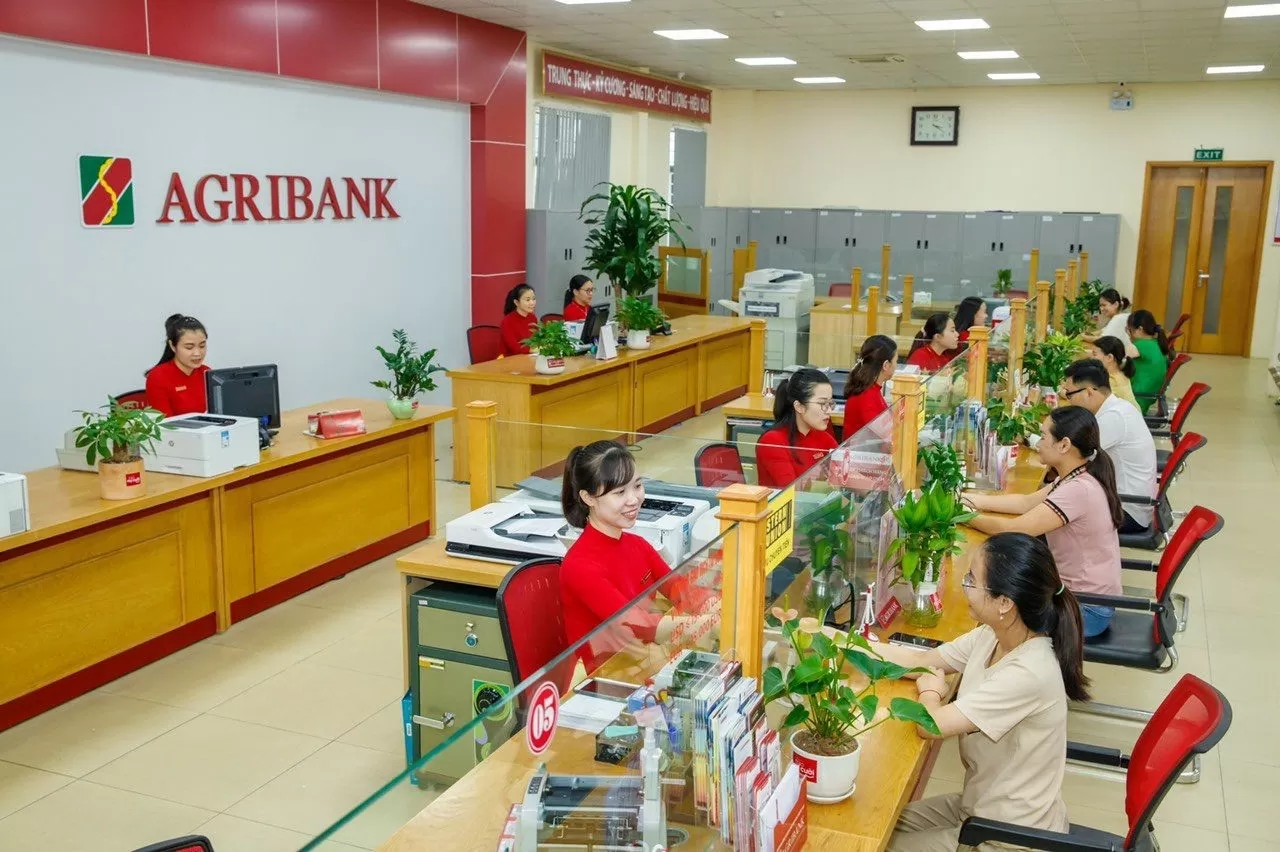 |
| Right in the first working week after the Lunar New Year holiday, interest rates at many banks have had mixed fluctuations. (Source: Agribank) |
Specifically, the Vietnam Export Import Commercial Joint Stock Bank (Eximbank) has just adjusted its deposit interest rates in two opposite directions. Specifically, this bank increased interest rates for deposits with terms of 1-12 months but lowered interest rates for long terms of 15-36 months.
According to the latest update, the interest rate for 9-month deposits has been adjusted to increase significantly, by 0.9%/year, bringing it to 5.4%/year. Meanwhile, the 6-month and 12-month terms increased slightly by 0.1%, reaching 5.4%/year and 5.6%/year, respectively. The online interest rate applied to 1-3 month terms also increased by 0.1%/year, bringing the interest rate for 1-month terms to 4.1%/year, and for 2 and 3-month terms to 4.3%/year.
On the other hand, long-term terms of 15 months or more have had their interest rates reduced by 0.2% per year. Specifically, the 15-month term is now 6.2% per year, the 18-month term has dropped to 6.5% per year, while the 24-36-month terms have dropped to 6.6% per year instead of 6.8% per year as before.
Similarly, Bac A Commercial Joint Stock Bank (Bac A Bank) has also just adjusted its deposit interest rates down. Short-term terms from 1 to 11 months are reduced by 0.15%/year, while long-term terms from 12 to 36 months are reduced by 0.1%/year.
According to the new interest rate schedule, customers depositing less than VND1 billion at Bac A Bank will receive an interest rate of 3.6%/year for 1-2 month terms and 3.9%/year for 3-month terms. The interest rate for 6-8 month terms is 5.05%/year, for 9-11 month terms is 5.15%/year, and for 12 month terms it remains at 5.6%/year.
For deposits over VND1 billion, the interest rate for 1-2 month terms is currently 3.8%/year, and for 3-month terms is 4.1%/year. Terms of 6-8 months are adjusted to 5.25%/year, from 9-11 months to 5.35%/year, and terms of 13-15 months to 5.9%/year. The longest term of 18-36 months remains at 6.2%/year.
The Vietnam Bank for Agriculture and Rural Development (Agribank) has also recently reduced interest rates for many terms. Specifically, short terms of 1-2 months decreased by 0.2%/year to 2.2%/year, while terms of 3-5 months decreased sharply by 0.5%/year to 2.5%/year. Terms of 6-11 months decreased by 0.2%/year to only 3.5%/year. However, the bank still kept the interest rate for terms of 12-18 months at 4.7%/year.
Previously, the Vietnam Joint Stock Commercial Bank for Industry and Trade (BVBank) announced an increase in interest rates by 0.6% per year for customers opening online savings accounts for the first time. The program applies to all terms with a minimum deposit of VND10 million. Currently, the highest interest rate at this bank is up to 6.45% per year for deposits from 24 to 36 months. Meanwhile, the 12-month term has an interest rate of 6.05% per year and the 18-month term is 6.25% per year.
Global Petroleum Commercial Joint Stock Bank (GPBank) also joined the interest rate race with 6.05%/year for 12-month online deposits. For terms from 13 to 36 months, the interest rate at this bank is slightly higher, reaching 6.15%/year.
Meanwhile, Vietnam Public Joint Stock Commercial Bank (PVcomBank) is currently leading the market with the highest interest rate of up to 9%/year, applied to customers depositing from VND2,000 billion or more. Ho Chi Minh City Development Joint Stock Commercial Bank (HDBank) also offers attractive interest rates, reaching 8.1%/year for a 13-month term and 7.7%/year for a 12-month term with the condition of maintaining a minimum balance of VND500 billion. For an 18-month term, this bank applies an interest rate of 6%.
Vietnam Maritime Commercial Joint Stock Bank (MSB) has implemented an interest rate of up to 8%/year for 13-month term and 7%/year for 12-month term. The applicable conditions are new savings books or savings books from January 1, 2018 with a term of 12 or 13 months and a deposit amount of VND 500 billion or more.
Dong A Commercial Joint Stock Bank (Dong A Bank) also attracted attention with an interest rate of 7.5%/year applied for terms of 13 months or more, with the condition being a minimum deposit of 200 billion VND.
According to the State Bank, by the end of 2024, the deposit interest rate had increased by 0.71% compared to the beginning of the year, while the lending interest rate had decreased by 0.59%. Notably, the lending interest rate at commercial banks had decreased by an average of nearly 1%. However, there are also warnings that this trend may change in 2025, with the possibility that lending interest rates may be adjusted upward.
Economist Nguyen Tri Hieu said that interest rate fluctuations depend on many factors. One of them is the credit disbursement rate of the banking system. If from the beginning of 2025, banks increase credit according to the 16% target set by the State Bank, capital demand will increase significantly. At that time, to ensure capital sources for lending activities, banks may have to raise deposit interest rates, leading to adjustments in lending interest rates.
In addition, the global economic context, especially the US Federal Reserve's (Fed) operating policies, also has a great influence. If the Fed continues its tight monetary policy, Vietnam may have to consider adjusting interest rates to stabilize the exchange rate and control capital flows. Maintaining low interest rates while the US raises interest rates may put pressure on the value of the VND, leading to impacts on the financial market and the macro economy.
Another factor that cannot be ignored is the risk of bad debt. After the historic Typhoon Yagi hit northern Vietnam last September, the risk of bad debt tends to increase. This may make banks more cautious in granting credit and may raise interest rates to minimize risks. As the ratio of bad debt increases, the cost of capital for banks is also pushed up, putting pressure on the lending interest rate level in the future.
However, according to HSBC Global Research Group, in the context of the economic recovery process remaining uneven and the growth target next year set at a high level, the State Bank is forecast to continue to maintain a flexible monetary policy, while keeping the operating interest rate at 4.5% at least until the end of 2025.
Maintaining stable operating interest rates takes place in the context of global interest rates remaining high, helping credit institutions access capital from the State Bank at lower costs, thereby creating conditions to support economic growth.
Source: https://baoquocte.vn/sau-tet-lai-suat-nhieu-ngan-hang-bien-dong-trai-chieu-303715.html










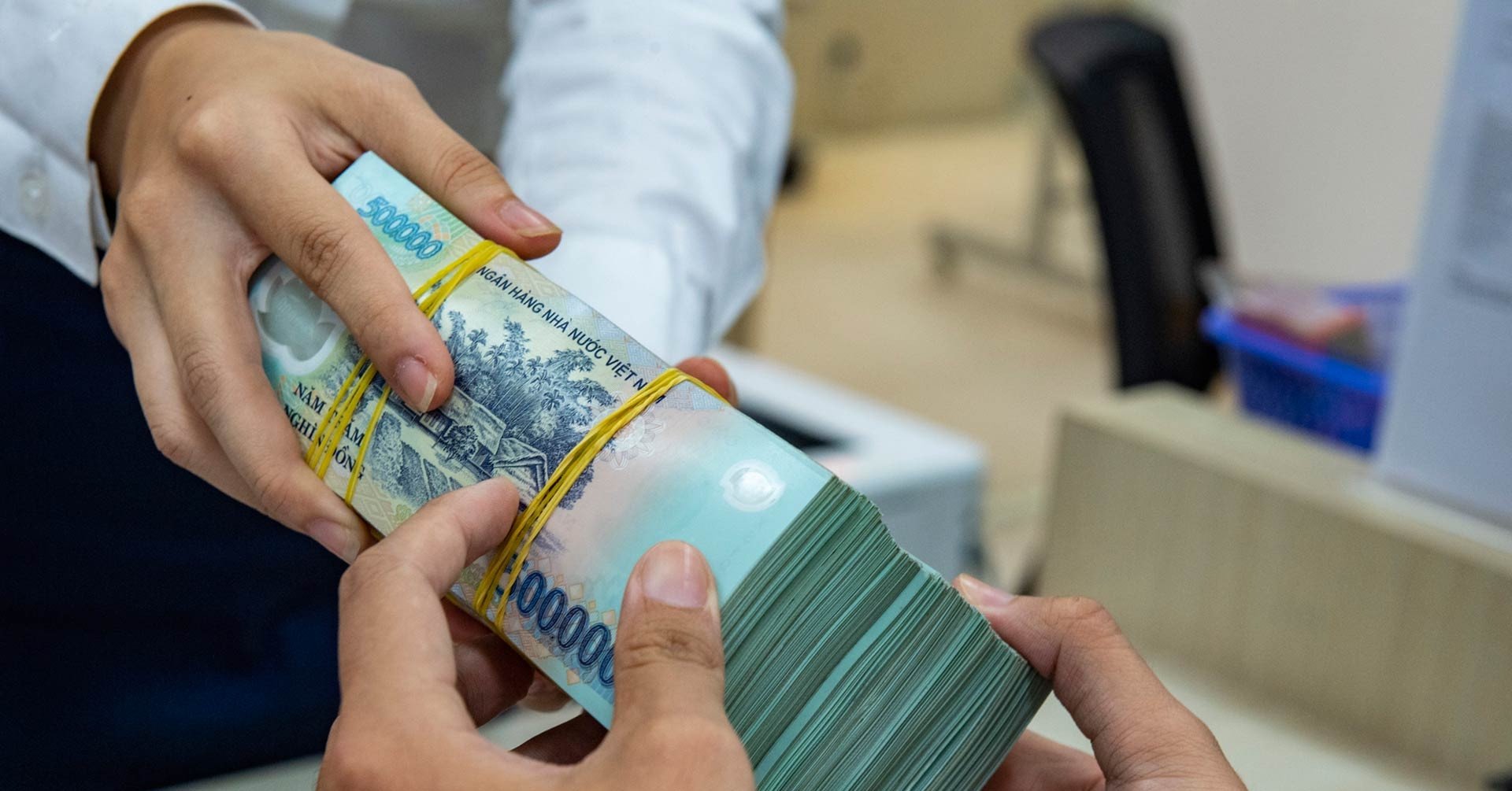
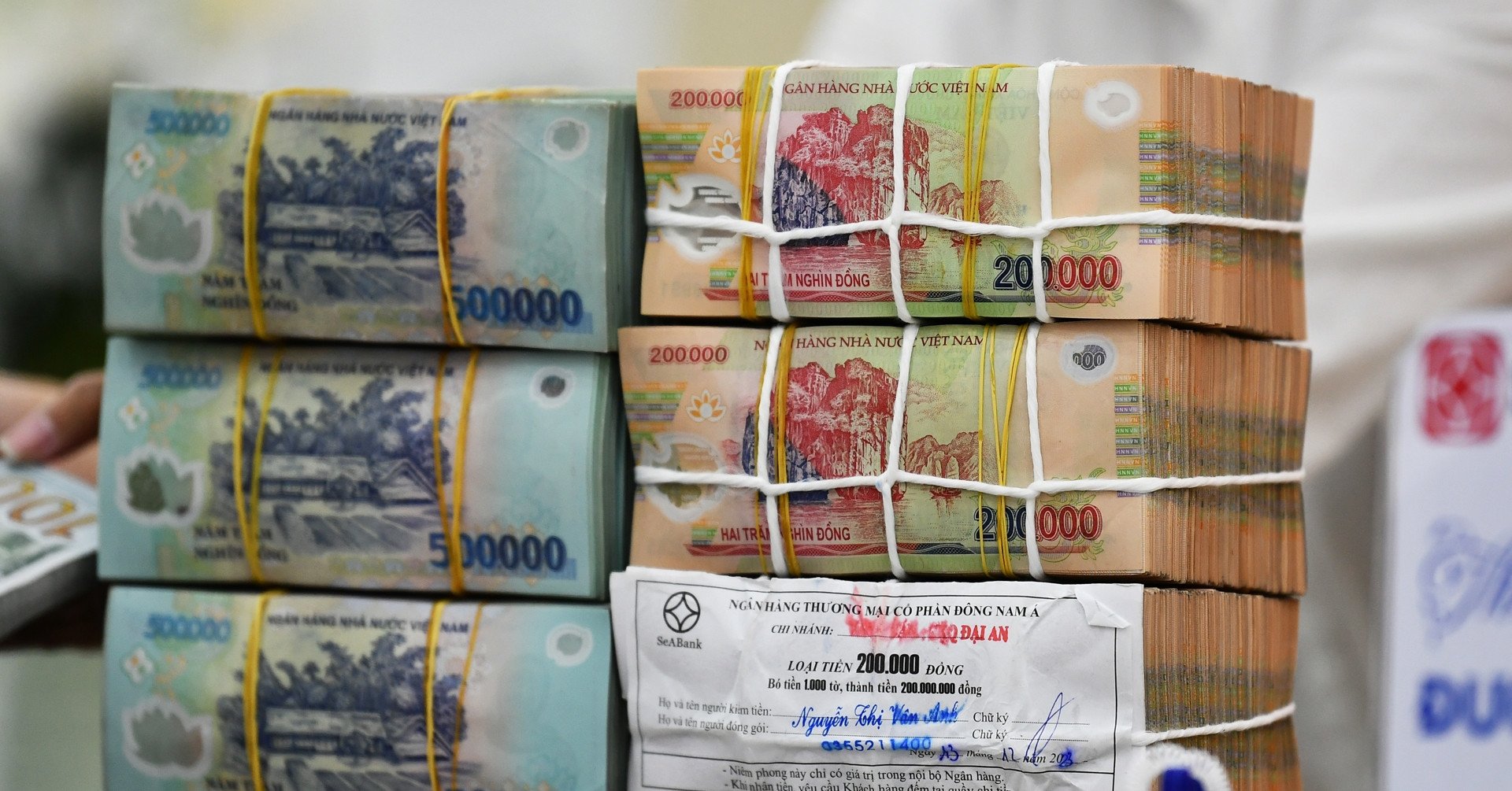
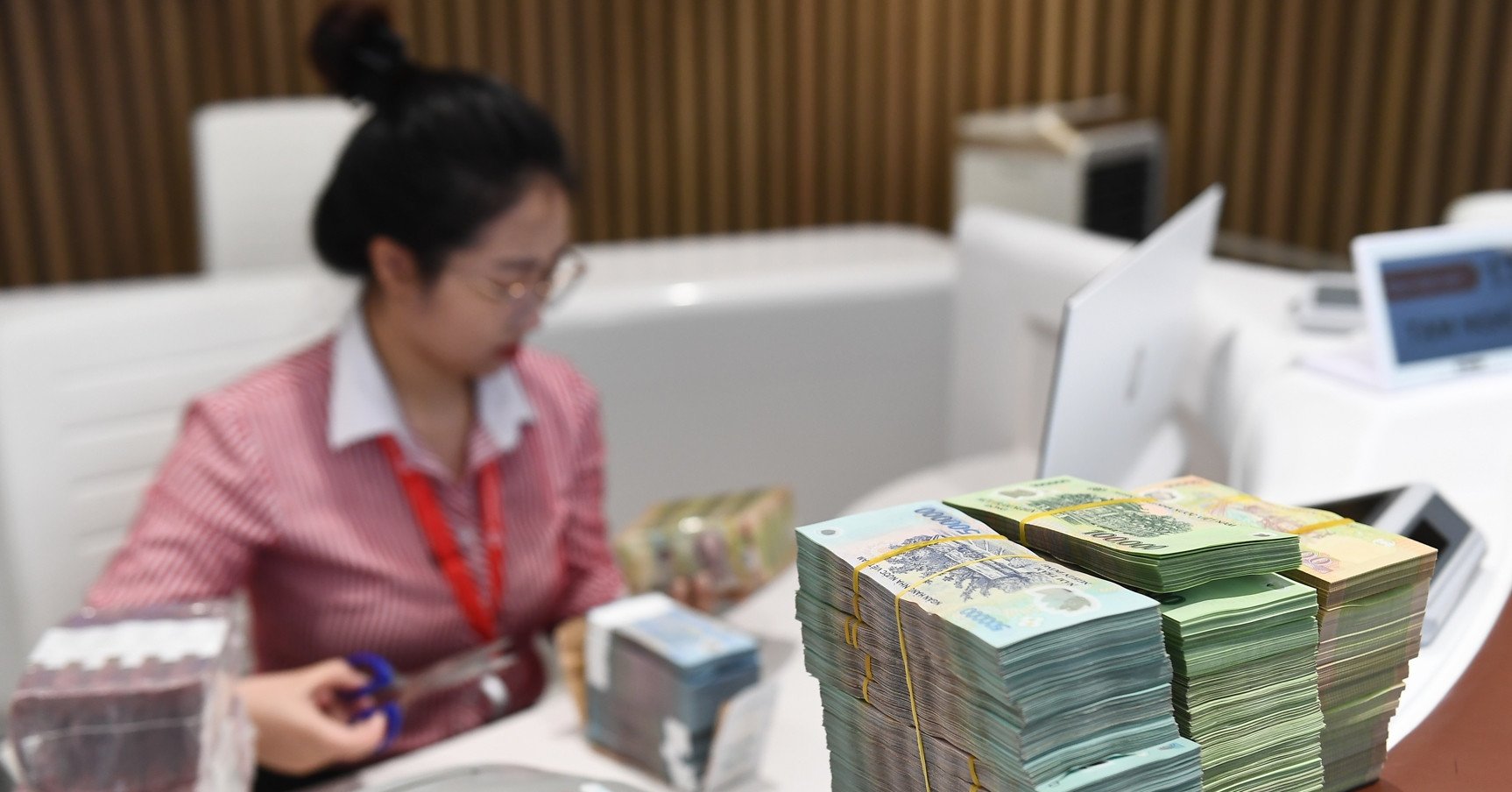






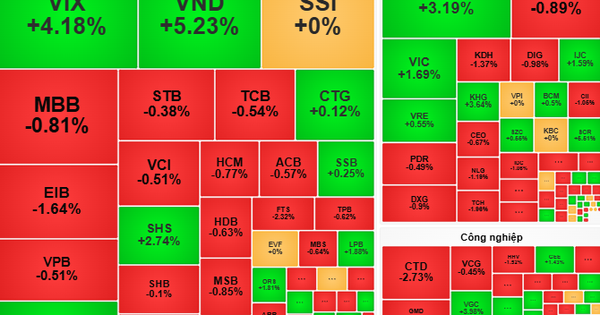


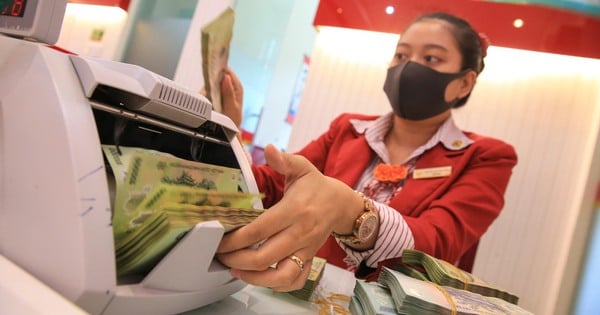



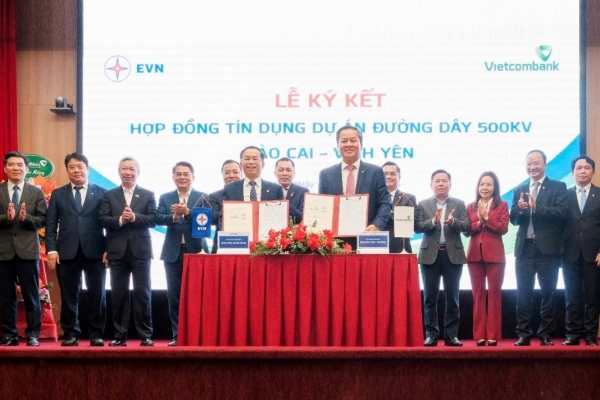
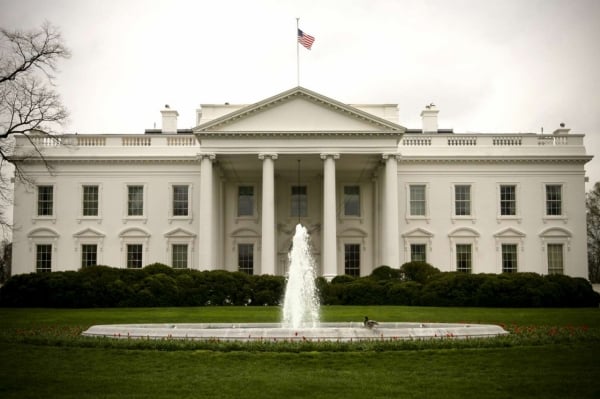
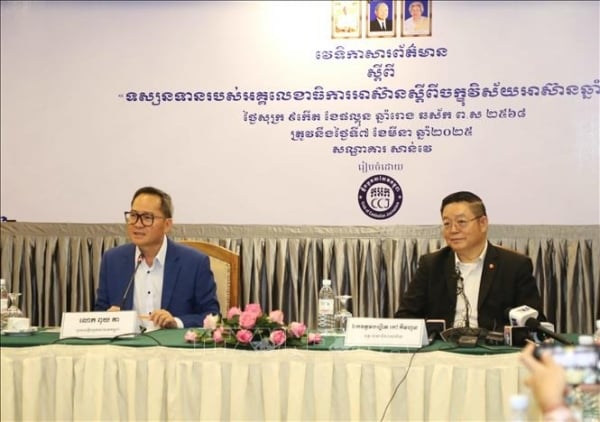


















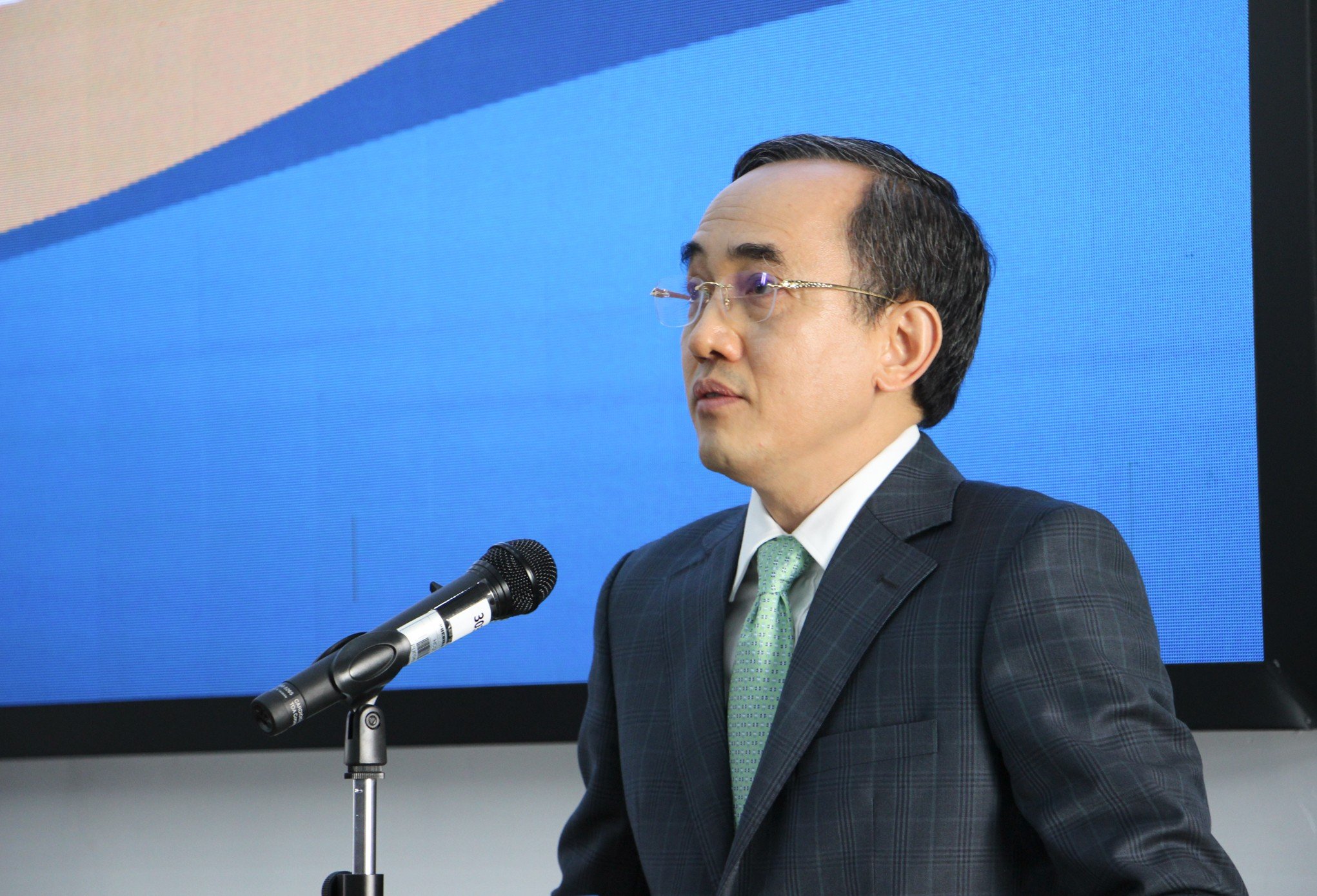













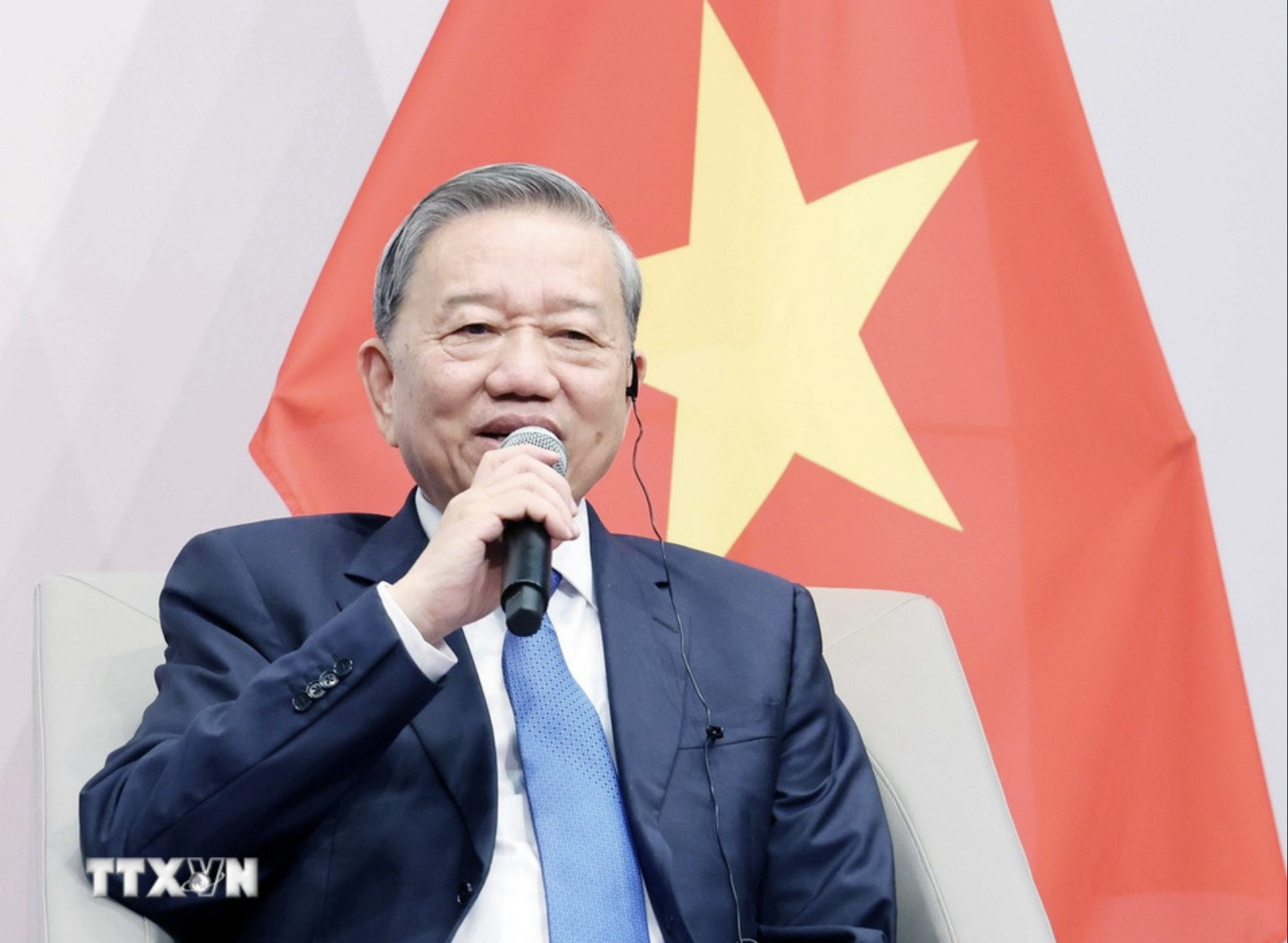





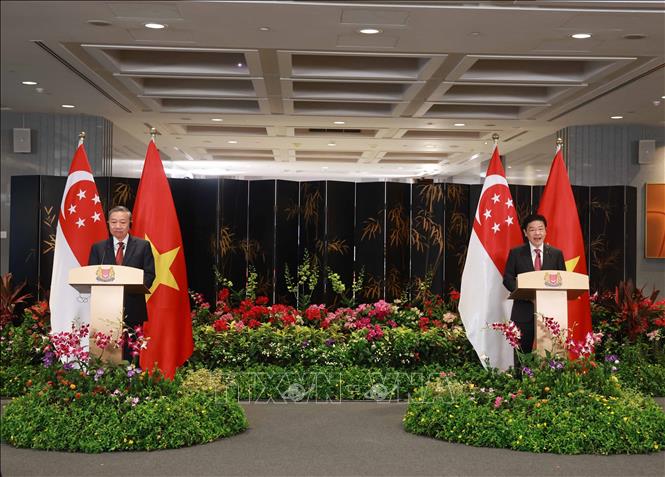


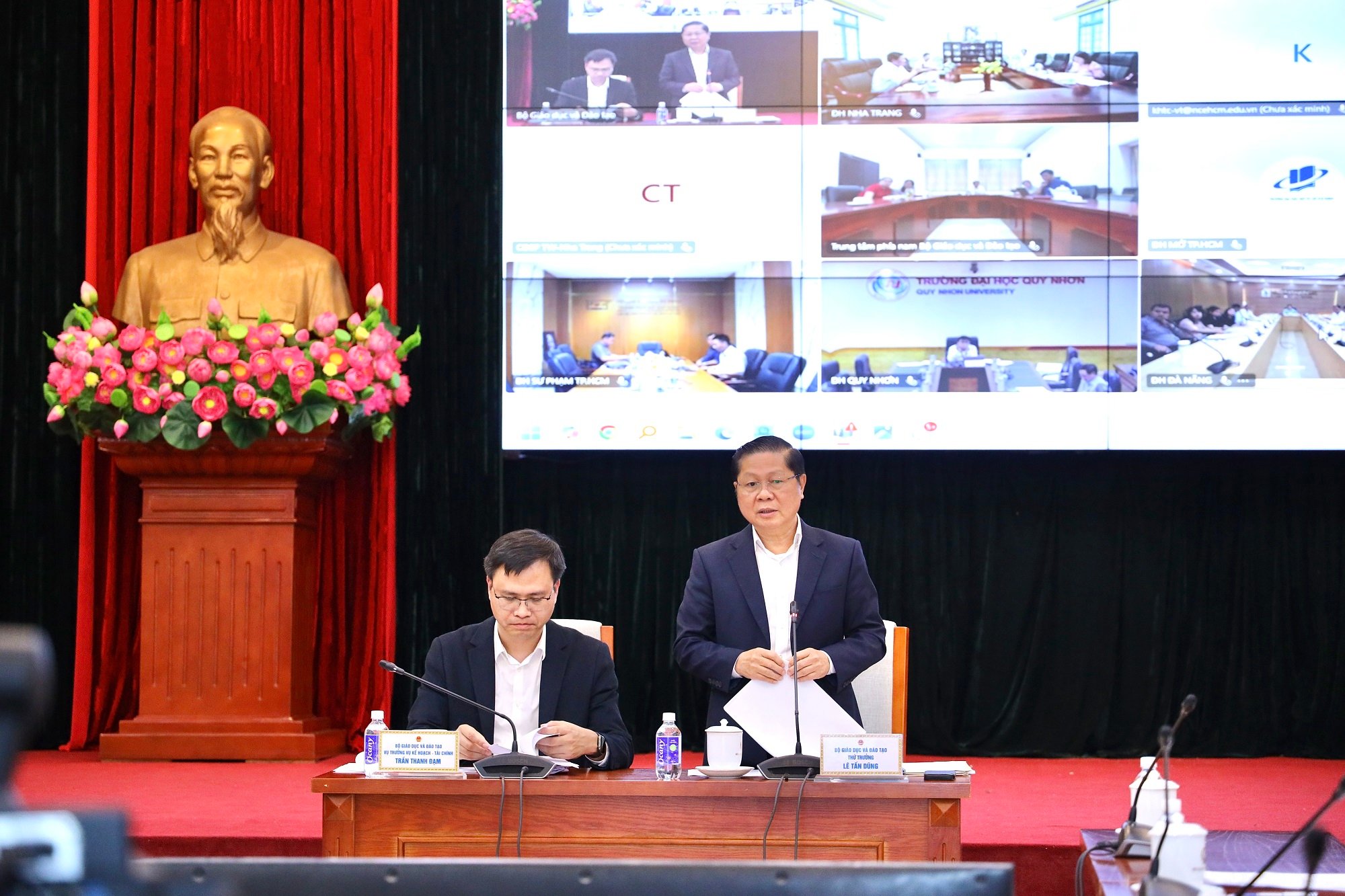






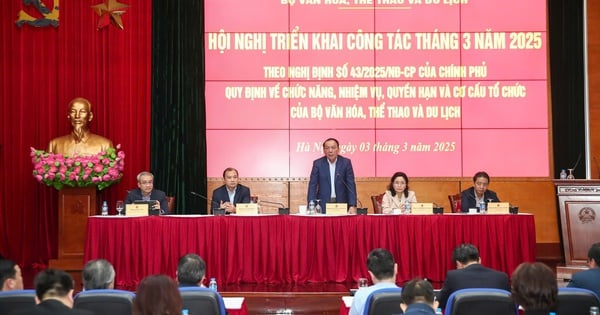

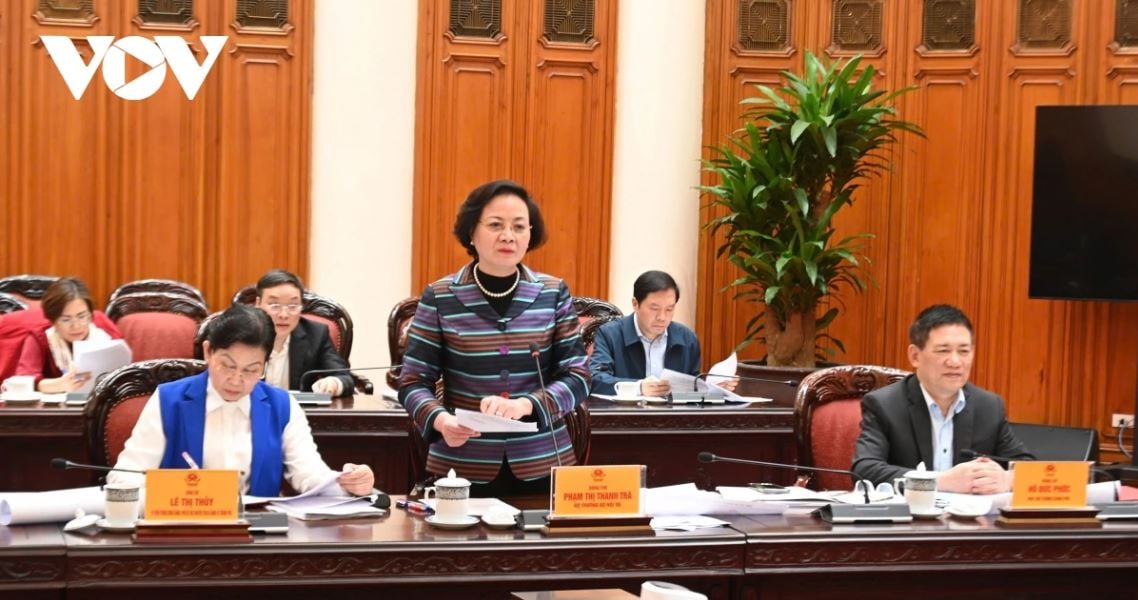











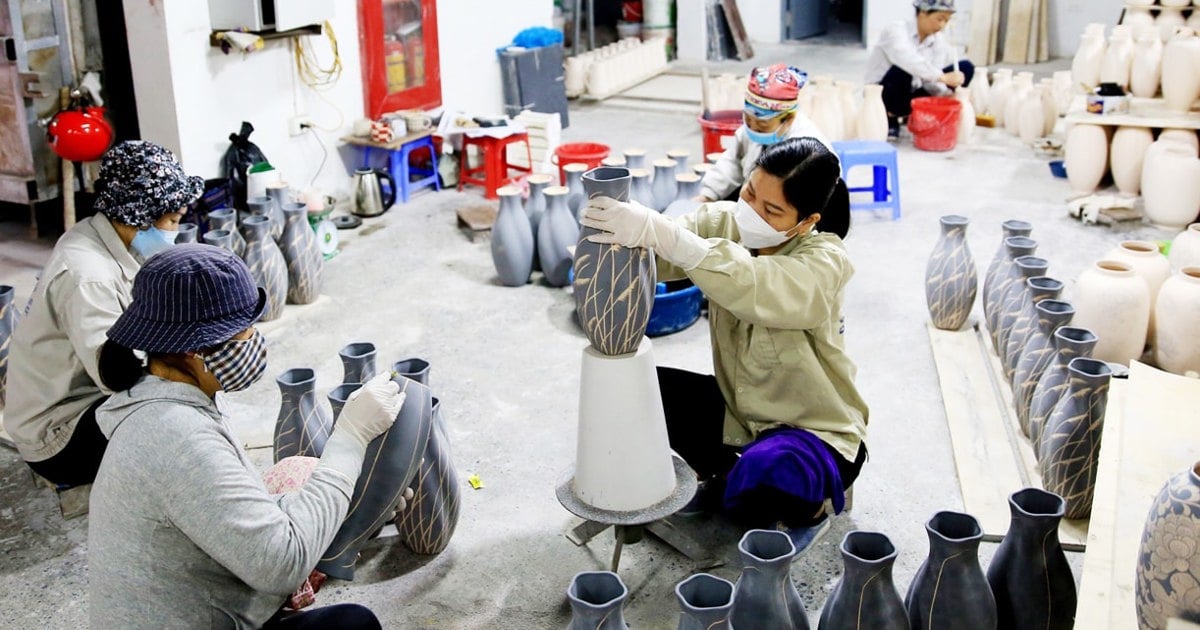

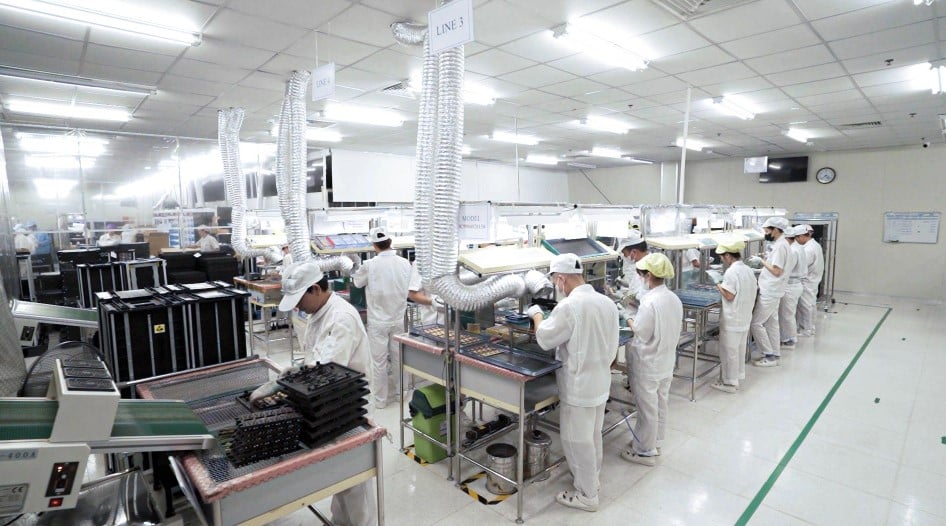

Comment (0)